NC Occupational Therapist Board Defense Attorney
Complaint & Investigation Process
If you are a licensed occupational therapist (OT) or occupational therapy assistant (OTA) in North Carolina, understanding how the North Carolina Board of Occupational Therapy (NCBOT) handles complaints and investigations is essential. A complaint can affect your license, reputation, and professional future, so knowing the process—and having an attorney by your side—can significantly reduce the time you spend dealing with the Board and the stress of any potential disciplinary action.
What is the North Carolina Board of Occupational Therapy?
The NCBOT is the regulatory authority responsible for licensing and overseeing occupational therapists and occupational therapy assistants in North Carolina. The Board enforces the North Carolina Occupational Therapy Practice Act (N.C.G.S. 90-270.69, et seq.), ensuring that all licensed professionals adhere to the highest standards of care and professional conduct.
The Board has the authority to:
Investigate complaints against licensees
Subpoena individuals and records
Impose disciplinary actions when violations occur
The goal is to protect the public while maintaining fair and consistent oversight of the profession.
How the Board Handles Complaints
Once a complaint is submitted, the Board follows a structured investigation process designed to ensure fairness and transparency.
Step 1: Initial Acknowledgment
The Board acknowledges receipt of the complaint to the complainant within 10 business days.
The respondent is notified in writing of the complaint, along with a short and plain statement of the facts alleged.
A confidential case file is created to track all documents and communications.
Step 2: Preliminary Review
Within 15 business days, legal counsel and a Board member (on a rotating 6-month schedule) review the complaint to determine:
Whether the complaint alleges a violation of the Practice Act or Board Rules
Whether there is sufficient evidence to proceed with a formal investigation
If no violation is alleged, the complaint is dismissed, and both parties are notified.
If sufficient evidence exists, an investigation is initiated.
Step 3: Investigation
During the investigation:
Legal counsel and the assigned Board member gather additional evidence to substantiate or refute the complaint.
Both the complainant and respondent have access to all records related to the case.
If the respondent admits to the alleged violations, legal counsel and the Board member propose a disciplinary action for the Board’s approval.
If no violation is found, the complaint is dismissed.
Why Legal Guidance Matters
Navigating an NCBOT complaint can be complex. An attorney experienced in North Carolina occupational therapy license defense can help you:
Respond accurately and timely to Board communications
Understand the evidence and potential outcomes
Negotiate Consent Orders or resolve matters without a hearing
Protect your license, reputation, and professional future
Even a minor complaint can have serious consequences if mishandled. Early legal assistance can make a significant difference.
Formal Hearings
If the investigation supports the allegations but the respondent denies the violations, a formal hearing is held. The OT will receive a:
Notice of hearing: Sent to both parties, detailing the date, time, place, and specific allegations.
Informal meeting option: Respondents may meet with legal counsel and the assigned Board member to explore resolution before the hearing.
Hearing: Conducted according to the Administrative Procedures Act, in open session at the next available Board meeting.
Ruling: Both parties are notified of the Board’s decision within 15 business days after the hearing.
The assigned Board member who participated in the investigation does not participate in the hearing or Board deliberations.
Potential Outcomes and Disciplinary Actions
Board actions can vary depending on the facts, severity of the violation, and the licensee’s history. Outcomes may include:
Dismissal of the complaint
Letter of caution or reprimand
Probation with specific conditions
License suspension or revocation
Civil penalties or fines
Continuing education or remedial requirements
Take the Next Step
Your license represents years of education, training, and experience. A single complaint or misunderstanding should not jeopardize your career.
If you are under investigation by the North Carolina Occupational Therapy Board or have been notified of a complaint, contact our office today. We provide free and confidential consultations. Office number: 919-616-3317.




